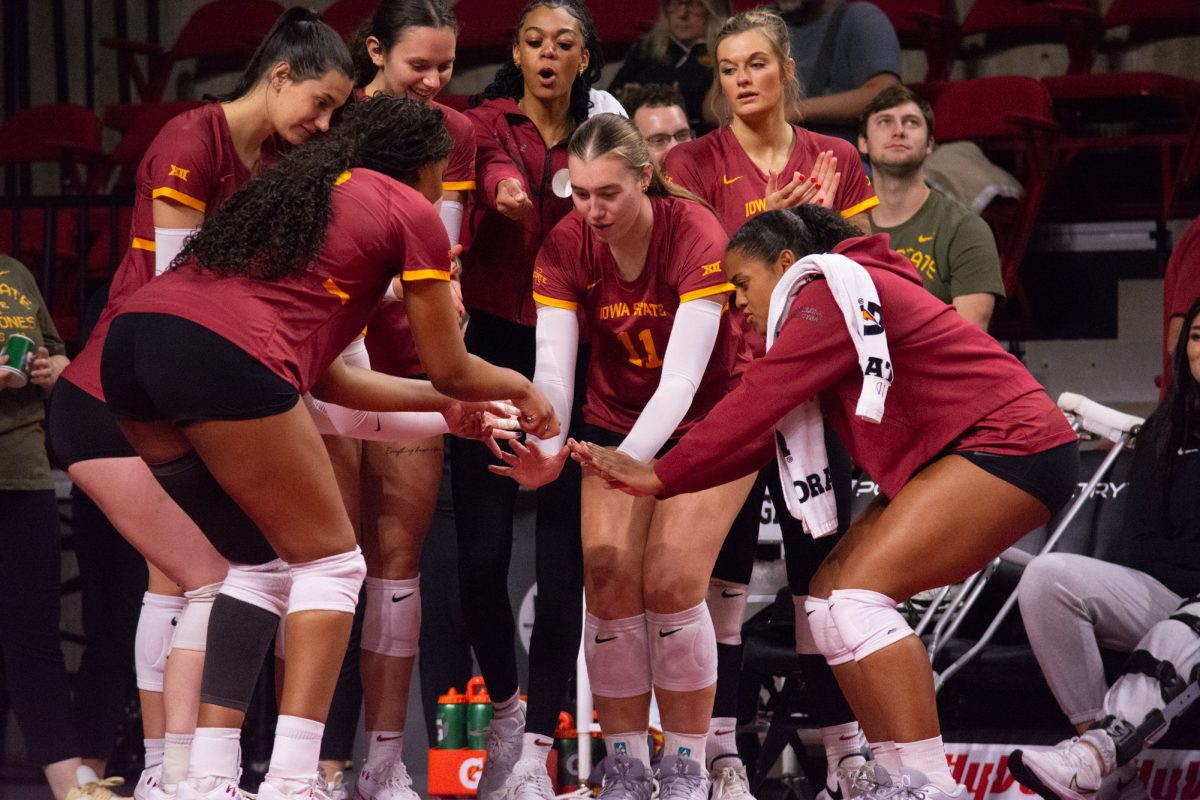LETTER: Value of a college degree in question
September 8, 2003
In a 1996 Newsweek article titled, “Making the Grade,” professor Kurt Wiesenfeld artfully summarized the dwindling significance of today’s college degree. “Though intrinsically worthless, grades, if properly manipulated, can be traded for what has value: a degree, which means a job, which means money. The one thing college actually offers — a chance to learn — is considered irrelevant, even less than worthless, because of the long hours and hard work required.” Exemplifying the capitalist mindset, Wiesenfeld suggests that a college degree is only a ticket to be punched for admittance to the wonderful ride of profit.
Along with the societal pressures that press us to cheat, it is also human nature to search for the easiest means to an end. Technological advances such as the Internet have helped to connect the world and make communication and the sharing of information much easier. On college campuses today it is commonplace to find a computer and Internet connection in every student’s dorm room. With access to infinite documents and files of information available online, a student can be easily tempted to abuse technology by plagiarizing another’s work. Now you can just copy and paste. Today numerous Web sites offer term papers online, available in almost any subject that is taught. This seemingly short route to success can be very tempting to a college student who may at times be overwhelmed by multiple writing assignments, accompanied by exams.
The pressure that pushes students to use the latest quick-fix scheme on the Internet will ultimately come back to haunt employers down the road. A diploma that is acquired dishonestly breeds a lifelong cycle of misrepresentation. It diminishes the value of an honestly earned degree. It deceives future employers who measure a prospective employee’s worth by the knowledge and abilities that his or her grades and degree imply. Deterioration of the economic structure will be the ultimate downfall of our society if a college degree is no longer trusted and respected by an employer.
The initiative for change should be student-driven rather than imposed by authority figures, because young people feel more at ease discussing problems with their peers. For example, an experiment on peer influence in Des Moines is being used to promote better moral behavior among elementary school kids. College students from Drake University were trained 60 hours over the summer, and use group exercises and discussions among students to reverse the culture of cheating at the K-5 level. This is a great example of how students at Iowa State can use their time to participate in an outside activity that will help to both build their resume and give back to the community.
Cheating in college and high school will be difficult to eradicate without some patience. Societal pressure to have a successful career and the technological temptation to find an easy route to success are heavy weights that cannot be easily lifted off the collective shoulders of America’s scholarly body. But when equipped early on, moral education programs that are implemented into America’s youth will replace the cheating mindset with one of noble principle.
Bob Moser
Broadview Heights, Ohio






